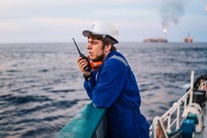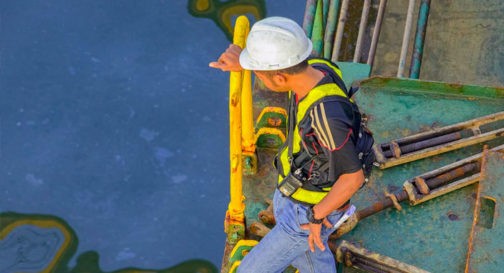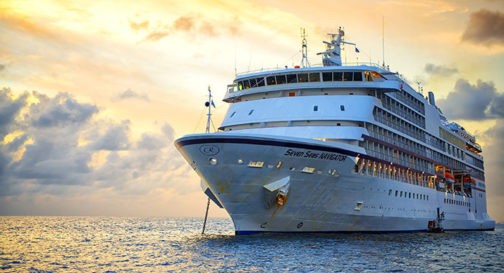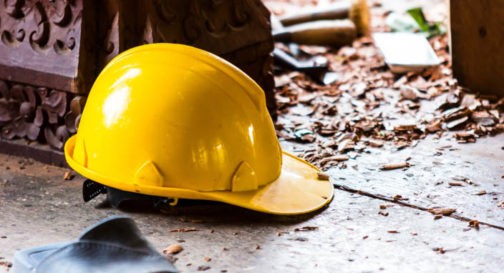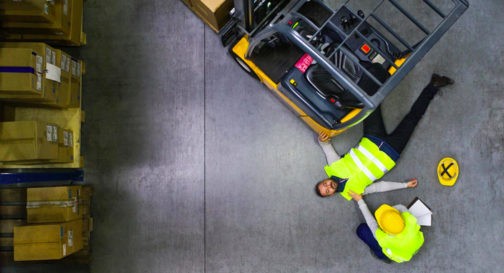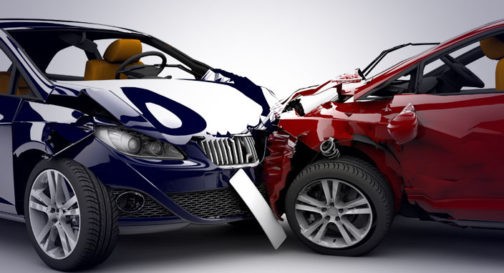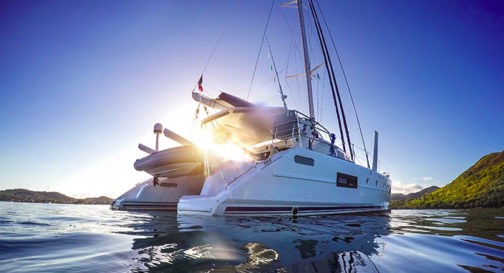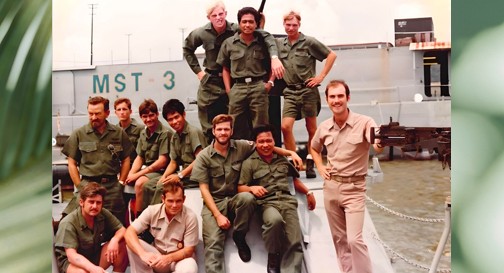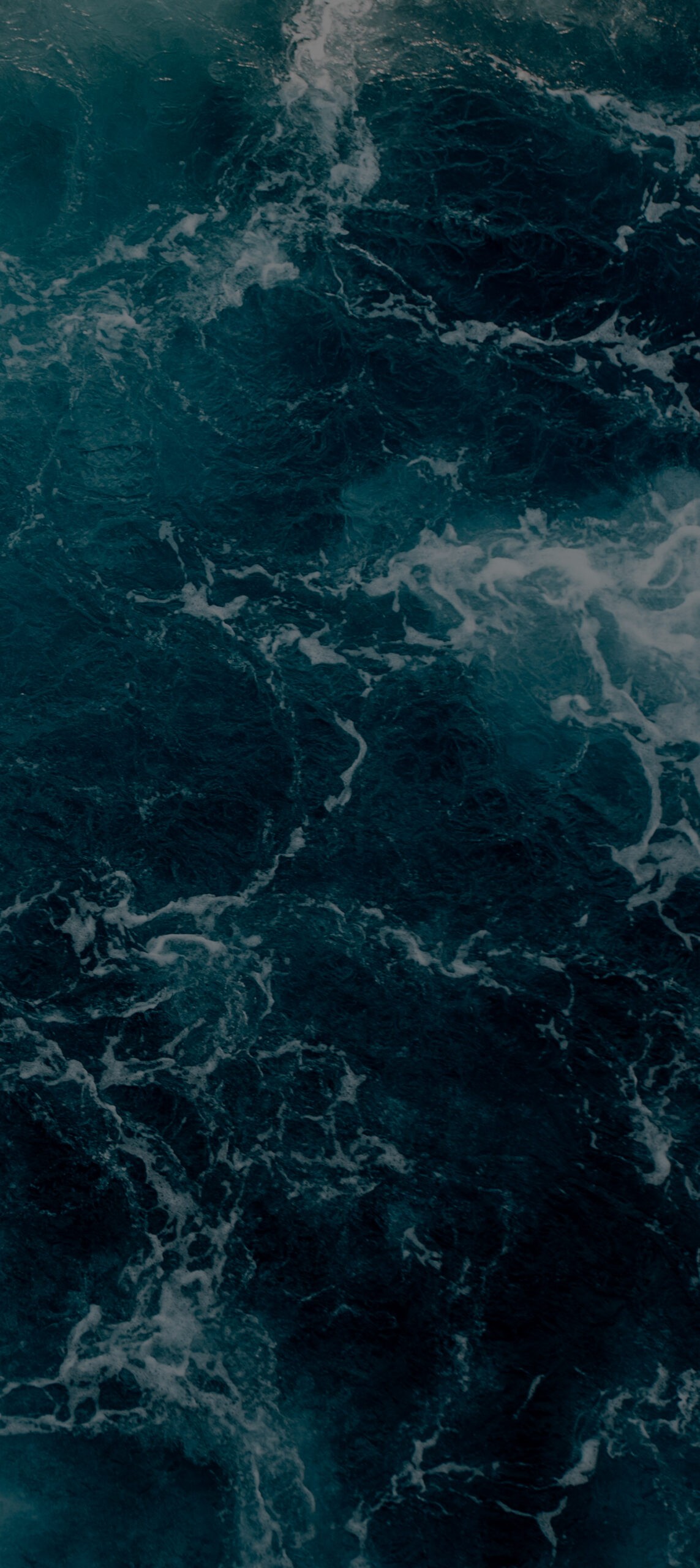What Are the 8 Important Things to Do During a Ship Collision Accident?
June 03, 2023
What Should You Do in the Event of a Ship Collision Accident?
While technological innovations have reduced the number and severity of ship collisions in recent years, accidents can still occur due to negligence, mechanical failures, severe weather conditions, or other issues.
If you are onboard a ship involved in a collision at sea or near a quay, several actions should be taken rapidly, but with care and precision, by the crew to ensure the safety of the vessel, cargo, and everyone involved. The exact steps will vary based on the seriousness of the collision and the damage inflicted on the vessel, but some basic actions apply to most incidents.
While some collisions can result in minor damage, others can be violent and lead to explosions, fires, chemical spills, and injuries or fatalities for crewmembers. If you’ve suffered injuries during a ship collision, be certain to seek medical help as quickly as you can. Write down the circumstances of your injuries while they are still fresh in your mind after the accident. Promptly contact a knowledgeable ship accident lawyer upon reaching port to ensure you understand and protect your legal rights to compensation for your damages.
What Are 8 Steps to Take if Your Ship Has Been Involved in a Collision?
You should always ensure you are familiar with the emergency procedures for your vessel before embarking. Your ship may also have a checklist like this one posted in the bridge and engine room to inform the crew of their duties once a collision occurs. Every minute counts following a collision; quick action can prevent further damage and injuries. Each accident situation will be different, and you should follow all instructions you receive from the ship’s master, but some of the most important steps are as follows.
Sound the Alarm
The vessel’s internal emergency alarm should be sounded to alert the crew and ship’s master to the incident. A verbal announcement should be made to explain the situation. If it is dark, turn on deck lights to enable personnel to maneuver safely and avoid dangerous areas. Depending on the circumstances of the collision, specific steering actions may be required to avoid further damage, and manual steering may need to be engaged.
Muster Personnel and Passengers
Muster all individuals on the ship, aside from the crew necessary for manning the engine room, and determine whether anyone is missing or injured. If anyone is unaccounted for, inform the bridge so a search party can be organized. Provide prompt treatment for any injuries.
Alert the Engine Room
The engine room may already be aware of the impact if it was large enough to be heard or felt, but proper communication is still key. The engine room should remain manned following the accident unless it is unsafe to do so. However, all engine room personnel should have life jackets and thermal protective aids (TPA) ready in case an evacuation becomes necessary.
Check for Leaks and Close Watertight Hatches if Necessary
All tanks, bilges, and wells should be sounded as soon as possible. An impact can transfer energy and cause damage in other areas of the ship, so it is vital to check every section of the vessel, including the engine room. If the soundings indicate a potential leak, immediate action should be taken to prevent the ship from taking on water. Solutions may include running pumps or closing watertight hatches to isolate damaged areas and stop the water ingress from spreading.
Alert Nearby Vessels and Contact the Other Ship
To keep other vessels in the vicinity safe, the crew should send out an urgency or distress message and exhibit “Not Under Command” (NUC) lights and shapes, if applicable. Depending on how much time they have to handle the situation, the vessel may also alert nearby shore stations and their shipping company. Make contact with the other ship and determine if they need assistance or require you to stand by.
Collect the following information from the other vessel for your records
- Vessel name
- Port of registry
- Type of cargo
- Whence and where bound
Assess Damage and Pollution Risks
Other serious damage can occur during a ship collision, aside from taking on water. Cargo, pipes, hydraulics, and valves must all be inspected thoroughly for damage. If oil or cargo is leaking, the crew must follow proper procedures to handle potential pollution or hazards to the ship and personnel. For oil leaks, the Ship Oil Pollution Emergency Plan (SOPEP) must be implemented.
Record All Relevant Information
As the other steps are occurring, a crewmember must be in charge of logging information, which will be necessary for investigations and insurance claims. Critical actions include:
- Marking the engine room data logger and course recorder
- Making note of the time and angle of contact
- Recording each vessel’s positions, courses, and speed at the time of collision
- Noting any audible and visual signals that were exchanged
- Taking witness statements
- Collecting photographs of the damage
- Preserving VDR and ECDIS records
Carefully Make Way to the Nearest Port
Abandonment of the vessel is uncommon and is only used by the master of the ship as a last resort if all measures to keep the vessel afloat have failed. In most situations, the ship will make its way to the nearest port for repairs. The ship’s master will note protest once the port is reached and hold the negligent party responsible by letter.
Why Contact a Maritime Lawyer Following a Ship Collision?
As a seaman, you have the right to accident and disability benefits under The Jones Act. If you’ve been injured by a ship collision that was due to the negligence of another vessel, or even your own crewmates or employer, you may be able to seek compensation for your losses. However, quick action is vital because testimony and evidence become increasingly hard to obtain as time passes. Contact the Law Offices of Preston Easley today to learn more about your legal options: 310-361-9484.

